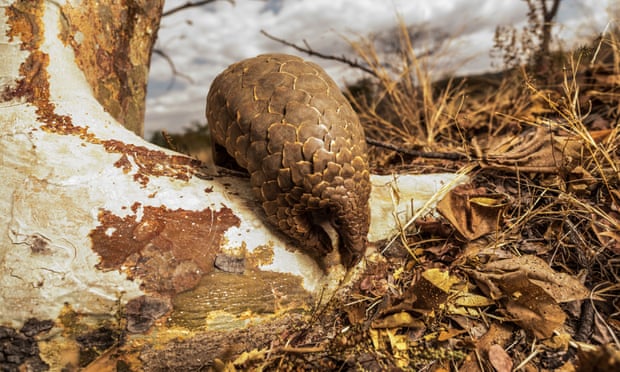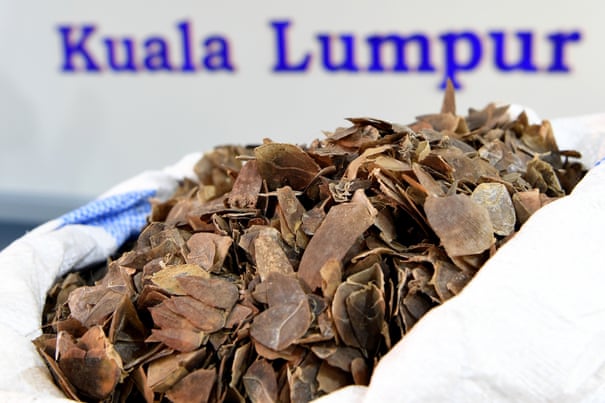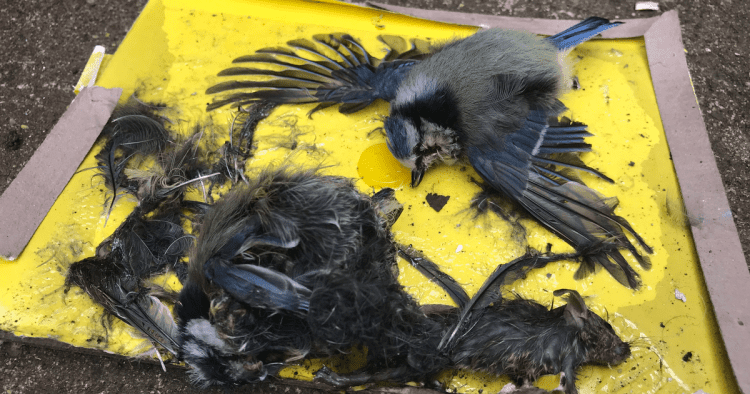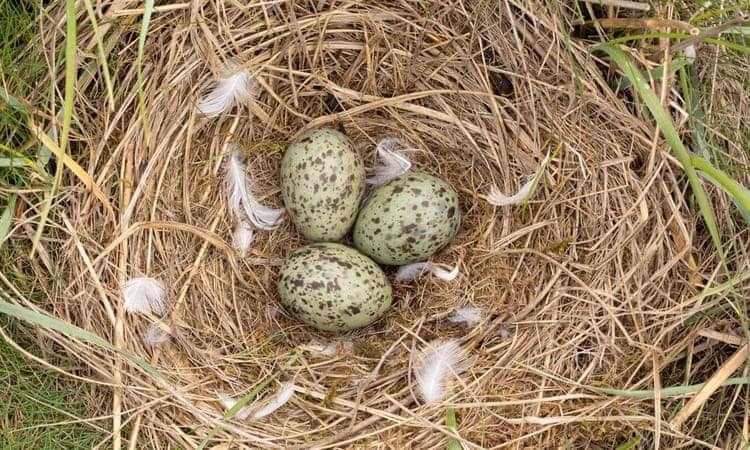The true scale of the slaughter of pangolins in Africa has been revealed by new research showing that millions of the scaly mammals are being hunted and killed.
Pangolins were already known to be the world’s most trafficked wild mammal, with at least a million being traded in the last decade to supply the demand for its meat and scales in Asian markets. Populations of Asian pangolins have been decimated, leaving the creatures highly endangered and sharply shifting the focus of exploitation to Africa’s four species.

Pangolins are secretive, nocturnal and some species live in trees, making them very hard to count and the total size of the populations in Africa is unknown. But the new analysis, based on data collected by hundreds of local researchers at scores of hunting sites and bushmeat markets across central and west Africa, found up to 2.7m are being killed every year, with the most conservative estimate being 400,000 a year.
Pangolins curl up into a scaly ball when threatened, which defeats natural predators like lions but is no defence against human hunters. The researchers found half the animals had been snared or trapped, despite wire snares being illegal in most of the 14 central African nations analysed in the research.
The analysis, published in the journal Conservation Letters, also found that almost half of the pangolins killed were juveniles, an indicator that the populations are being dangerously overexploited as animals are being caught before they can reproduce. This is particularly harmful as pangolins are slow breeding and produce only a single pup every year or two.
The new estimates of pangolins killed are likely to be minimum numbers as they included only three of Africa’s four pangolins, the giant, white-bellied and black-bellied species. The fourth, the cape pangolin, lives in southern and eastern Africa, outside the study area.
Furthermore, it is illegal to kill giant pangolins in all the countries, meaning not all the illicit trade in the animals will be included in the estimates. The giant pangolins are particularly sought after and the researchers found the price demanded in urban markets has soared almost six times since the 1990s. They also found hunting of the African pangolins in 2014 was 150% higher than in the 1970s.
Richard Thomas, from the wildlife trade monitoring network Traffic, said very little had been known about pangolin populations in central and west Africa. He also pointed the “remarkable regularity” of major pangolin seizures. In June alone, Malaysian authorities seized three big shipments of pangolin scales, each representing many thousands of animals and originating from Africa.

The demand in Asia for pangolin meat and scales as delicacies and supposed medicinal uses is a major factor in cross-border trade but a significant proportion of African pangolins are eaten locally.
Ingram said that measures are also needed to develop alternative livelihoods for African hunters of pangolin, but he believes there is still enough time left to act: “I am optimistic that something can be done.”
This article was first published by The Guardian on 20 Jul 2017.
We invite you to share your opinion whether the pangolin slaughter in Africa should be banned? Please vote and leave your comments at the bottom of this page.
Thank you for voting.
Editorial Comment: The purpose of this poll is to highlight important wildlife conservation issues and to encourage discussion on ways to stop wildlife crime. By leaving a comment and sharing this post you can help to raise awareness. Thank you for your support.






Leave a Reply